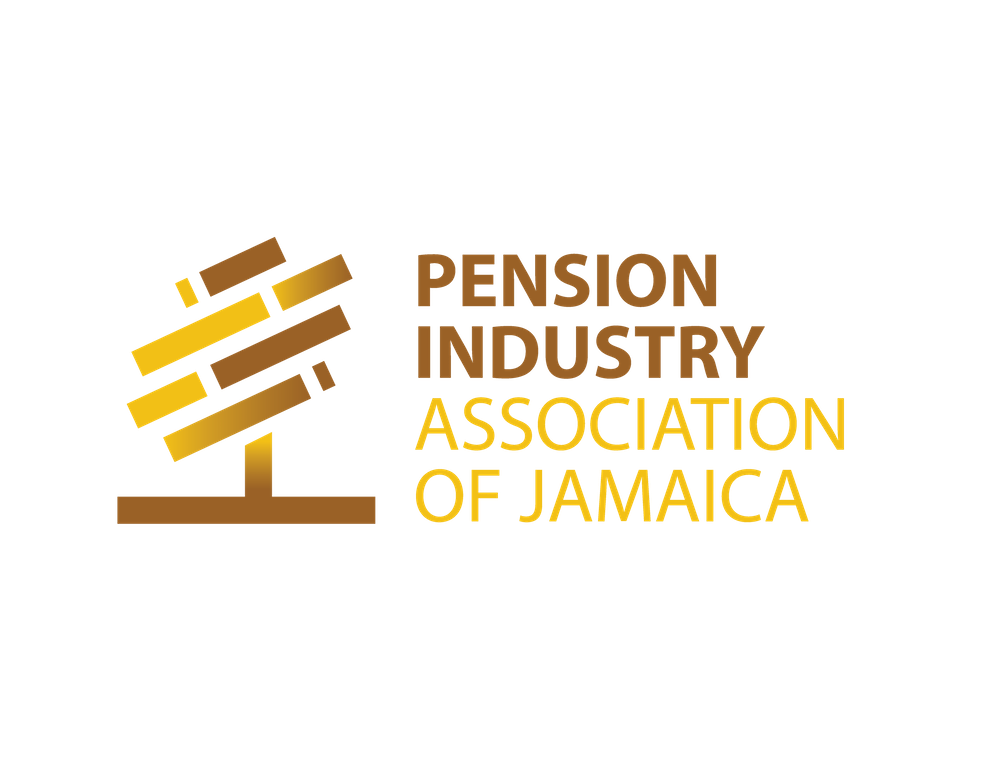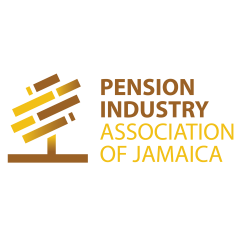Featuring Patricia Gillings, Group Life and Pension Sales Officer, Sales and Marketing at JN Life Insurance Company Limited
(JN Bank is a member of the Pension Industry Association of Jamaica (PIAJ))
What would retirement without savings look like? That is not as crazy a question as it may sound. Retirement means the end of a steady income, which is why having a nest egg is so important. With your retirement possibly lasting 20 years or longer, saving for it is more vital than ever. A lack of retirement savings might mean you must change your lifestyle or downsize other assets, like your home. Many people without adequate retirement funds may need to take a part-time job if they are physically able to. According to Patricia Gillings, Group Life and Pension Sales Officer, Sales and Marketing at JN Life Insurance Company Limited, without savings, it will be challenging to maintain in retirement the same lifestyle that you had in your working years.
Retiring without a pension fund requires sacrifice
“To keep up with your basic expenses in retirement, you might need an extra income stream. This could mean going back to work or getting a part-time job. The Internet makes it easier than ever for seniors to work remotely. Retailers are also more than willing to hire retirees because they are reliable and loyal. However, working is not feasible for all seniors, especially those in poor health,” said Gillings. Gillings also said if you have not saved money for retirement and are not willing to overhaul your lifestyle, then retirement might not be an option for you at all. Many people forego retirement and work for as long as possible, largely because they do not have enough saved. “Retiring without savings requires a lot of sacrifice.
How will you pivot without a Pension?
For some people, making those changes and even continuing to work part-time will provide them with enough to survive. For others, a lack of retirement savings will mean forgoing retirement altogether,” she said. Some people, she said, may need to make adjustments such as moving into a smaller home or apartment, forgoing extras such as cable television, an iPhone, or a gym membership; or driving a less expensive car. For some people, downsizing to a smaller house is not enough. They may need to sell their homes and move in with their adult children. Without a new home to purchase, the sale of a house can provide a good source of savings for retirement.
In addition, people, she said, can turn their hobbies into a business to earn additional business. “The key is, if it is not formal, you can still earn. You are getting an income and the opportunity to be self-employed. From those earnings, you can save, and even invest. Information is power, so people can learn more about saving and investment options that are open to them,” Gillings said.
When to start saving for Retirement
She encourages young people, to start saving for their retirement age from their first pay cheque. “Saving for retirement is extremely important. People are living longer and leading more active lives in retirement. As a result, it is more important than ever for you to think about where your income will come from when you retire. Pension saving is one of the few areas where you can still get tax relief,” she said. “It is important for you to take control of your retirement planning and make decisions regarding your pension. It is often not appreciated that contributing to a pension arrangement can help you build up an extremely valuable asset,” she added.
In addition, Gillings said to plan for retirement, you will need to consider where your income will come from in retirement and what level of income you will need. “It is important to note that many people have unrealistic expectations as to the level of pension they will receive in retirement. If you are not already a member of a pension arrangement, you should talk to your employer, a financial adviser, or do some research on the internet to determine the options that are available to you,” she said. Your options will depend on your work situation. If you are an employee, you may be able to join a pension scheme sponsored by your employer. Employees in the public sector can join their public sector pension scheme. The self-employed can take out a personal pension. Personal retirement savings accounts are open to virtually anyone to save for retirement. Joining a plan also allows you to provide financial protection for your dependents in the event of your death.
JN Life Insurance Company Limited is a member of the Pension Industry Association of Jamaica (PIAJ). Click HERE or the logo below to learn more about JMMB Retirement Solutions!








